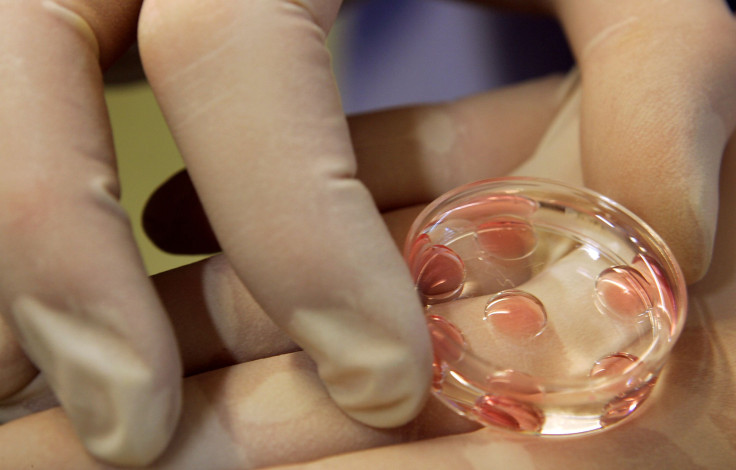Ontario Couple May Have Bought Sperm From Schizophrenic Donor; Sues Sperm Bank

Just how life begins is more than a wonder. It is a miracle. In 2006, Margaret Elizabeth Hanson and Angela Collins wanted to witness that miracle in an uncustomary approach — insemination.
So the search for the most reliable, trustworthy and ethical sperm bank commenced. Health Canada approved three sperm banks in the United States and Xytex Corporation is among them. It was also the couple’s choice not only after a careful scrutiny of each bank, but more importantly, after how they were impressed with Xytex’s methodology of screening donors.
The couple opted for sperm donor 9623 mainly because of how the donor was promoted — endowed with 160 IQ, a holder of bachelor’s degree in neuroscience and master’s degree in artificial intelligence. They were made to believe, too, that the donor at that time was working on his PhD in neuroscience engineering. In 2007, Collins gave birth to a boy, now 7. From then on, through social media, Hanson and Collins maintained communications with other couples who have been supposedly blessed by the same donor.
Life was great, until in 2014 when the couple received series of emails from Xytex that mistakenly revealed their donor’s identity. Perhaps out of curiosity, the couple and others who also received similar emails began doing online searches. Little did they know that their nightmares were unfolded before their eyes slowly.
Donor 9623 is no longer a code. He is James Christian Aggeles — a college dropout, an ex-felon and, in 2005, Aggeles was indicted for burglary. He was also imprisoned before undergoing a 10-year probation. But due to the “first offender law,” his criminal record was clear. What scared the couple most is the discovery that Aggeles has been diagnosed with genetic schizophrenia, which exposes his children, including the couple’s son to great risks.
The couple filed a lawsuit on March 30 in Georgia against Xytex Corporation alleging fraud, negligence and misrepresentation, to mention a few. They claimed they have been misled when Xytex presented itself to have a “very intense and arduous” process of qualifying donor, “generating a lot of medical, psychological, genetic and social information.”
The complaint further said that had plaintiffs known the true facts, plaintiffs would not have purchased sperm from defendants. As a result of defendant’s fraud and deceit, plaintiffs have been harmed.
They are seeking for damages as a way for them — and others who may have the same issue — to raise medical monitoring funds in case any of the children may develop signs of schizophrenia. Aggeles allegedly fathered 36 children by way of sperm donation.
The complaint asserted the couple suffers emotional injuries and physical and emotional pain. In a statement posted on its website, Xytex absolutely denied any allegations that it failed to comply with the highest standards for testing.
For comments or feedback on the article, please contact the writer at kizmet@ymail.com.





















